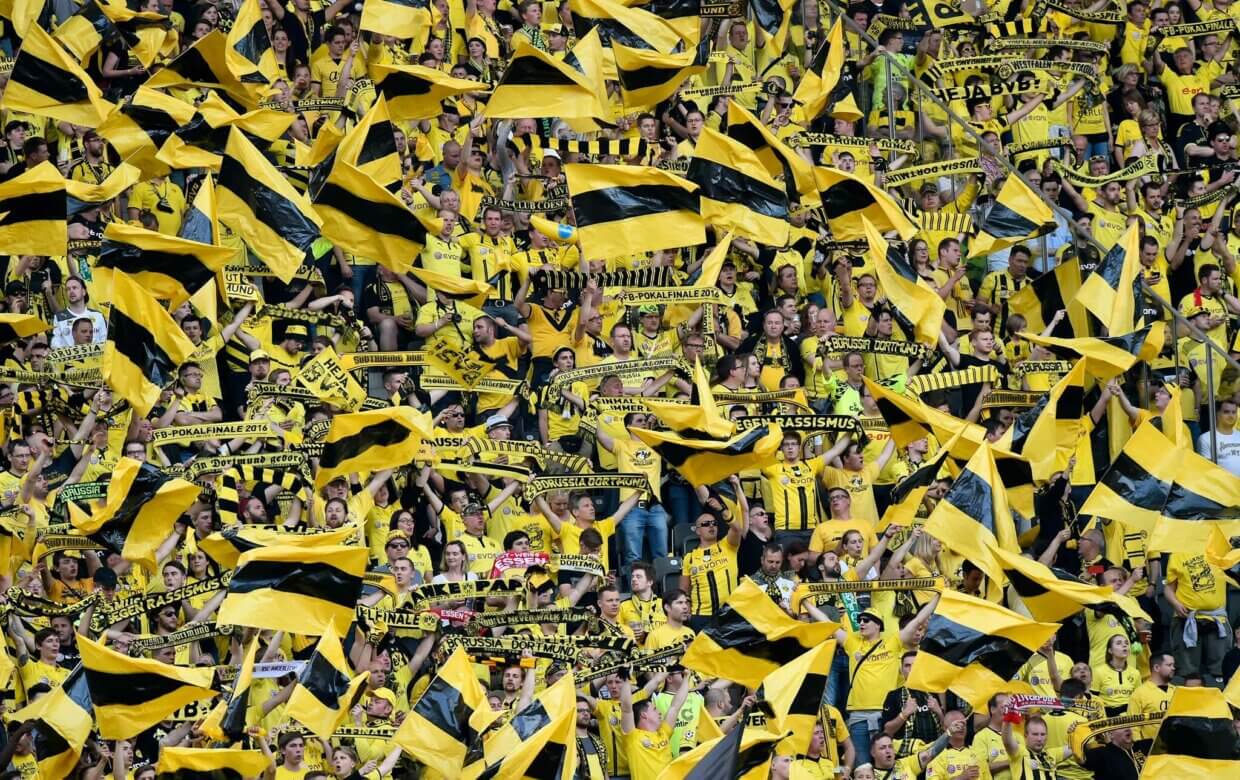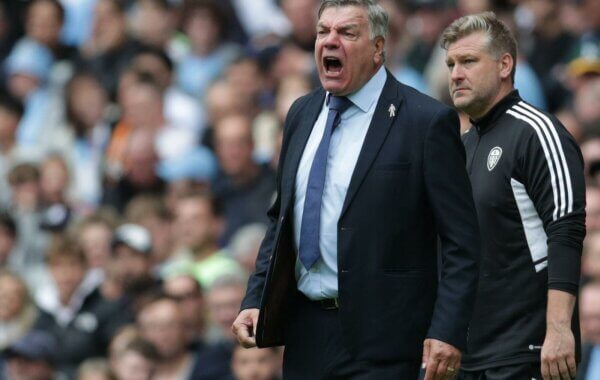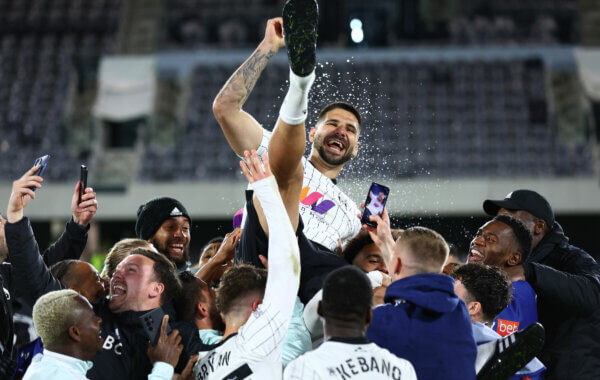Women’s football in England is now professional and thriving – thanks to pioneers such as former Arsenal and England captain Faye White, who reflects and looks ahead with Lola Katz Roberts.
It is 29 April 2007, and it has been a remarkable season for Arsenal women’s team. Having already secured the Premier League, FA Cup and League Cup treble, they face the Swedish Champions, FC Umea, for a shot at an unprecedented quadruple.
They emerge at Meadow Park – a home they share with non-league side Borehamwood FC – to a modest crowd of 3,467. It is a night that will go down in history as they clinch the trophy following a nervy stalemate, preserving their narrow first leg lead. They have a combination of goalkeeping brilliance and the woodwork to thank. Captain Faye White joins her teammates to lift the trophy – a moment she will never forget.
Exactly 16 years later, Arsenal women’s face off against FC Wolfsburg for a place in the Champions League final. The streets around the Emirates Stadium are gridlocked. Captain Leah Williamson pulls pints for her adoring fans at the Tollington. It is a carnival atmosphere.
White is present that night as part of a record 60,338 capacity crowd to cheer on the team she now supports, and to see the unveiling of a mural that honours that night in 2007. She confesses she is “surprised at how the game has exploded”, adding: “When I retired, I thought it was going to be another 20-30 years before we got full stadiums. I’m very proud of my career, but I would love to be playing now. But I just missed out and that’s life.”
Long before the days of sell-out crowds and pre-match pints, White was at times a one-woman force, seeking to open doors for girls who wanted to play football. “It was hard work,” she says. “I gave up so much of my life to do it. But I just loved it. It fills me with pride to know that, even though it wasn’t given on a plate, we wanted to leave the game in a better place. We were England players and we had to fight to raise the standards.”
“It was hard work but I just loved it. We were England players and we had to fight to raise the standards.”
It is natural to wonder if White, who retired in 2013, feels any hint of jealousy at the boom in popularity in the women’s game since it became professional in 2018.
“People kept saying to me, ‘Oh, do you want England to do well because that overshadows your achievement?’ I was like, ‘Of course I do!’ I want the game to improve, I want to see England as the best team, because the bigger the game grows the bigger the opportunities for everyone – for former and future players.”
She was in attendance on a joyous evening at Wembley last summer when the Lionesses ended the nation’s 56-year wait for major tournament success, having herself come close to ending the drought after just falling short in the 2009 Euro final in Helsinki.
“It felt like just as much as a win for all the girls that had come before as for that group. I was watching them thinking they have just realised my dream for me. It justified everything. I was crying, my son was saying to me ‘Mummy you’re supposed to be happy!’ It was just so emotional.”
“In 2009 we all felt we’d made a massive step. On the way back, Hope [Powell, England’s coach] said to us there would be some press waiting for us. But when we walked through arrivals, no one was there. I remember seeing the pictures of the Germans coming back, and they had over 250,000 people in the streets celebrating. And I just felt, even though we didn’t win, why can’t we have that?
If there is any residual frustration around her career, it seems solely directed towards a media at the time, who she felt constantly overlooked her and her teammates’ achievements and weren’t interested in promoting the sport.
“During the Euros [last year], people were talking about how much the women’s game had improved as if to justify people’s interest. Of course it’s better now… because it’s professional. For example, Jill Scott, she will be that split second quicker because she’s training every day. The improvement on the pitch has gone up 5-10 per cent, but off the field everything has improved 100 per cent.
“We never do that about the men’s game. Surely Harry Kane is so much better and fitter and stronger than Jimmy Greaves was, but you don’t dismiss the World Cup-winning team in 1966. In women’s football there just isn’t that respect for the past.”
“It felt like just as much as a win for all the girls that had come before as for that group.”
There is, however, a flash of competitiveness when she compares the Lionesses’ 2009 vintage to last year’s Euro-winning crop. “You do wonder what would happen if our team from 2009 played the current Lionesses. I think we would be on a par, even though we weren’t professional. Some of the players we had and what we achieved… if we were professional, you think, ‘What could our ceiling have been?’”
One of the names she cites is the legendary Kelly Smith. “Kelly was just unbelievable. Through my time she was the best. But even if she played now, she’d be the best player in England – no contest.”
Talk naturally drifts on to the upcoming World Cup, which kicks off on 20 July in Australia and New Zealand, with the Lionesses getting under way against Haiti two days later. England are missing key players, with Leah Williamson and Beth Mead sidelined, while big question marks hang over the participation of two other members of the spine in Millie Bright and Lucy Bronze.
“A few months ago, if you’d asked me who would win the World Cup, I would’ve said England. I was that confident they could do it.” I think Leah and Beth are huge losses. Equally, when you have big players out, the rest of the team step in and say, ‘I’m going to fill that role.’ But you’ve got to believe. You’ve got to have hope. The mindset that’s been instilled over the last few years means they’re still set up to do well.”
It’s anyone’s guess who will go on to write a chapter in the ever-expanding history book of women’s football. What is for sure, though, is that the game we enjoy today would not be possible without the contribution of Faye White and her teammates.
“We just kept banging on the door,” she says. At last, it seems, that door is open.
Lola Katz Roberts is a content executive at Fitzdares.








